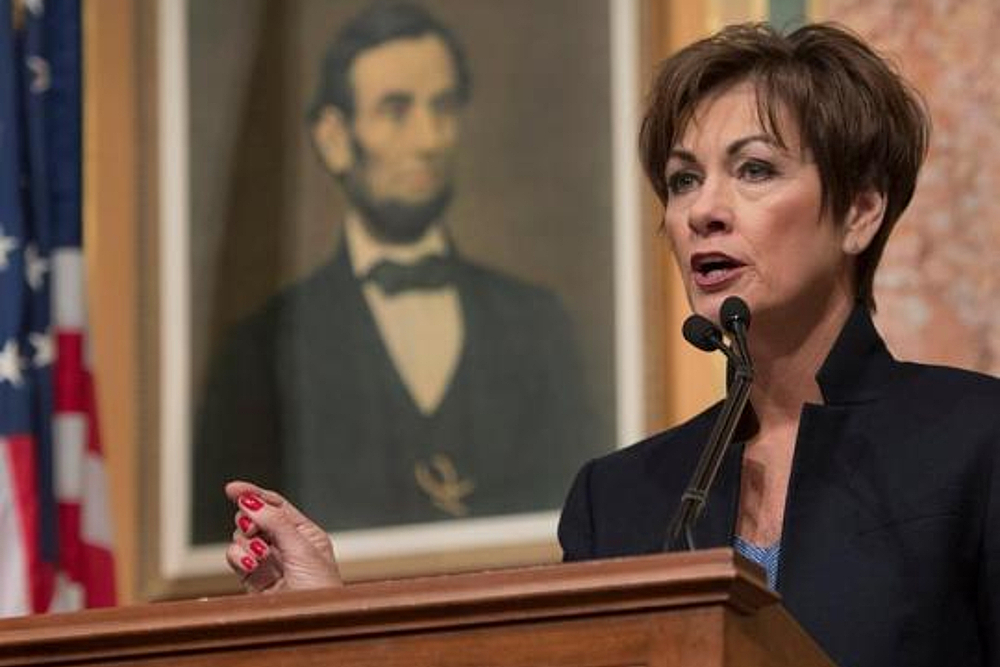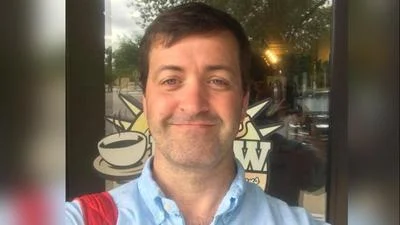Iowa Gov. Kim Reynolds | Office of the Governor of Iowa
Iowa Gov. Kim Reynolds | Office of the Governor of Iowa
The Perry (Iowa) City Council at its Feb. 6 meeting discussed a proposed maximum tax levy for the upcoming fiscal year.
The council set the public hearing on the topic for this past Tuesday.
The city is still following the old timeline as the state has advised, despite the possibility of some number changes and resulting timeline extensions. Perry already has set its maximum amount of $3.1 million with a levy rate of around 16.45 without the state rollback.
“But we could be getting most of the way through our budget cycle and having to find a place to shave $40,000, which doesn't seem like a lot,” said City Administrator Sven Peterson. "But we've already pared our budget down to the point that there's really not many places to just shave. Yes, every city [is going through this]. For some it's hundreds of thousands or millions of dollars. For us it's $40,000.”
If the state of Iowa were to pass its proposed rollback, the tax levy for Perry likely will go from a decrease to an increase. City officials estimate a change of 24 cents per $1,000 of valuation, just to be able to keep up with their essential services and keep the city going.
On Feb. 1, the Iowa Senate considered Senate Bill 181, a bill fixing the state error in the 2021 property taxes that allowed municipalities to tax more than they should have been able to tax. This will roll back the rate at which these bodies, like city councils or school districts, can levy by 2%.
This means property owners will not have to pay as much in their tax bills or maybe see a smaller bill than they did last year. Statewide, this is estimated to decrease collected property taxes by at least $133 million, with city budgets seeing $39 million in losses and school districts working with $21.4 million less.
Many of these local bodies were already well into their budget processes, setting their public hearings and drafting their annual budgets, when this decision was made.
Ordinarily, the deadline for submitting final levy requests is March 31. However, under the circumstances and given the requests and arguments made by lobbyists and other local governing representatives, the state is moving back that deadline until April 30. This will provide more time to rehash local budgets and reschedule public hearings with plenty of time to submit the levy.
The Iowa House passed the bill Feb. 15, and Gov. Kim Reynolds is expected to sign the measure.




 Alerts Sign-up
Alerts Sign-up